Introduction
Artificial Intelligence (AI) has rapidly found its place in the music industry. From music creation to distribution, AI is transforming how artists, producers, and listeners experience sound. Experts across the field are sharing their insights on the implications, potential, and challenges AI brings to music.
AI as a Tool for Music Creation
Many experts agree that AI is a powerful tool for enhancing creativity. Composers and producers use AI to generate melodies, harmonies, and even entire soundtracks. AI-powered tools like Amper Music, AIVA, and Google’s Magenta enable musicians to explore new creative directions without replacing human artistry. According to Dr. Rebecca Fiebrink, a computer music researcher, AI offers “new ways of interacting with sound and shaping the creative process.”
Impact on Music Production and Sound Design
AI is also revolutionizing music production. Experts point out that AI-driven plugins can automatically mix and master tracks, making professional-quality production more accessible to independent artists. Sound engineers use AI to design unique audio textures, clean up recordings, and replicate iconic sounds. Grammy-winning producers note that AI shortens production time while maintaining high-quality output.
Concerns Over Originality and Authorship
Despite the benefits, there are concerns about originality and ownership. Musicologist Dr. David Cope, known for his work on algorithmic composition, warns that as AI-generated music becomes more common, it may blur the lines between human and machine-made works. Legal experts and artists are actively discussing copyright implications and how to attribute authorship fairly when AI is involved in the creative process.
AI’s Role in Music Recommendation and Distribution
AI has already changed how listeners discover music. Platforms like Spotify and YouTube Music rely on AI algorithms to personalize playlists and recommend new artists. Industry analysts highlight that these systems help emerging musicians reach larger audiences, although they also raise concerns about algorithmic bias and the homogenization of music tastes.
Ethical and Cultural Implications
Cultural experts urge caution regarding the ethical use of AI in music. There is growing debate around AI replicating voices and styles of famous artists, sometimes without consent. Some experts argue for clear guidelines to prevent misuse and protect artistic integrity. Others suggest that collaboration between humans and AI should be encouraged rather than feared.
The Future of AI in Music
Looking ahead, most experts believe that AI will continue to be a collaborative partner in music rather than a replacement for human creativity. Institutions are already integrating AI education in music schools, and artists are increasingly experimenting with AI in live performances and studio work. As Dr. François Pachet, a pioneer in AI music research, states, “The future of music is not AI vs. humans, but AI with humans.”
Conclusion
AI is reshaping the music landscape in profound ways. While it brings exciting opportunities for innovation, it also challenges traditional notions of creativity and authorship. By understanding expert perspectives, the music industry can navigate this evolution thoughtfully and ethically, ensuring AI serves to enhance, not replace, human expression in music.


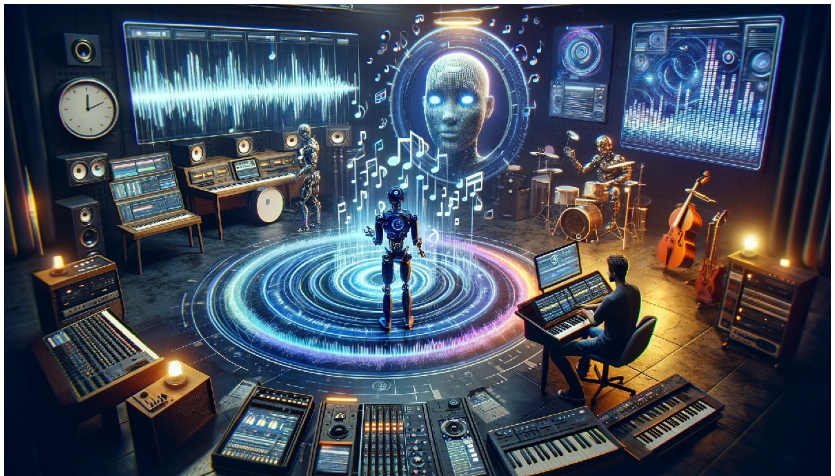
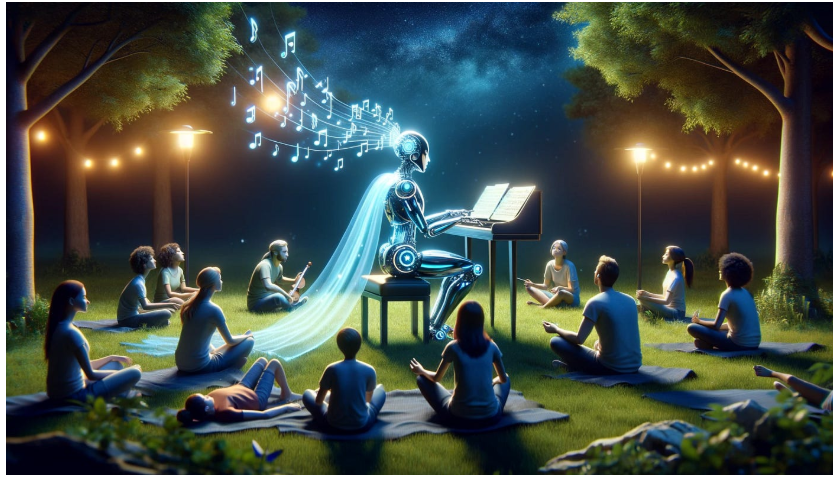
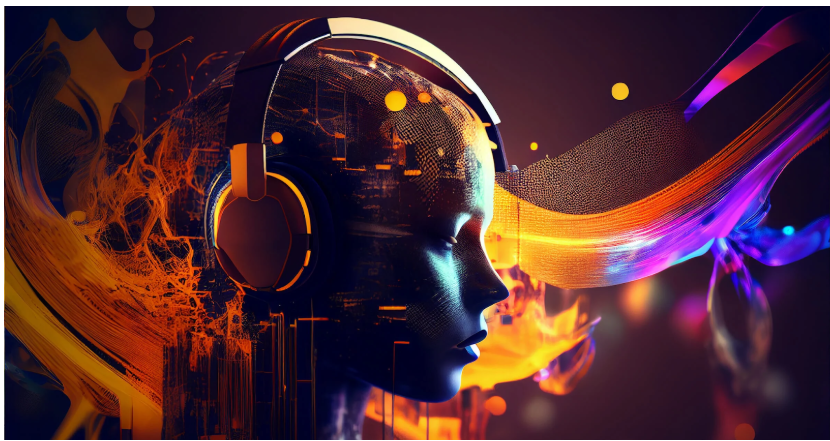
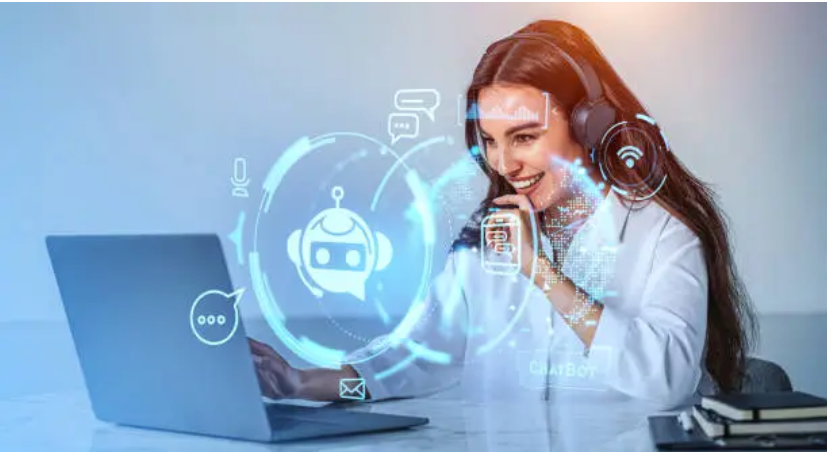
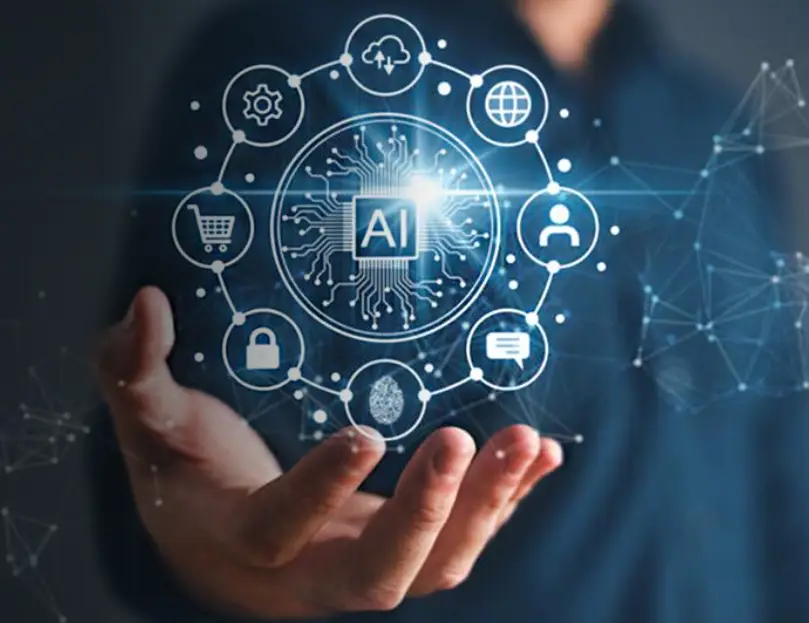
Leave feedback about this